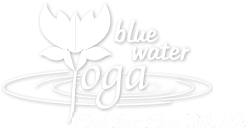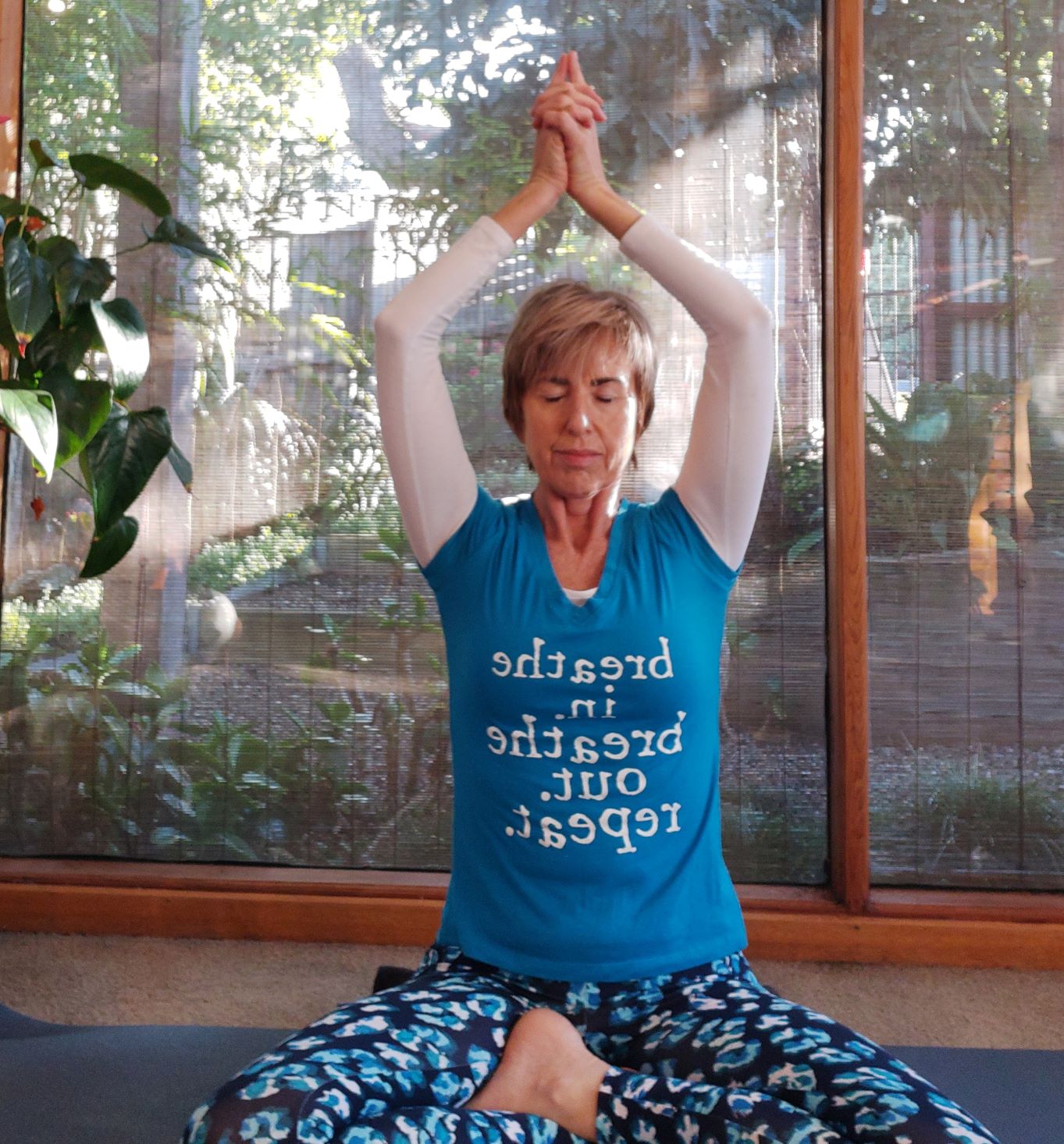‘Notice your breathing.’ In every yoga class you hear this instruction. But really, how often do you notice it outside of your yoga class? Have you ever noticed how your breath changes with your emotional state? When we’re angry, our breath becomes short and sharp and when we’re relaxed, our breath is slower and smoother, with a longer exhale. Our breath reflects our emotions. This also works in the other direction: we can use our breath to regulate and stabilise our mental and emotional state.
What is your breath like right now?
Breath is life. Our first act in this life is to breathe in and our final act will be to breathe out and yet we rarely notice all the breaths in between those 2 points. We know that expanding our breathing capacity increases our vitality and improves our health. This is not only because of the improved exchange taking place in our lungs but also because the breath acts as the vehicle for our life force energy. This energy of aliveness, known as prana in Yoga (chi in other traditions), is both more subtle and more powerful than the breath.
Yoga has a whole range of techniques designed to the expand our prana. Collectively called Pranayama (literally ‘liberation of life force”), these practices act directly on our mind and emotions without us having to wrestle our mind to become quiet or peaceful. And let’s face it, that never works!
When our prana levels are high, we feel joyful, enthusiastic and energetic. If our levels are low, we experience the opposite qualities: tired, cranky and overwhelmed. While it’s good to acknowledge how we’re feeling, none of us really wants to stay stuck in these low energy states. And this is where pranayama excels at shifting our mental state by increasing the level of prana in our system.
Pranayama allows us to consciously choose how we want to feel rather than just ‘react’ to what happens and helps us go from:
– anxious to calm
– fearful to centred
– doubtful to confident
– tired to energised.
Pranayama operates at a deep level within our system so learning and finessing the practice best suited to you is particularly important. While you can find these practices online, it’s recommended that you learn from a qualified teacher.
Discover for yourself the effects of Pranayama at our free sessions, Mondays & Fridays at 7am. Join us here: https://bit.ly/BlueWaterFreeYoga
Private Pranayama sessions are also available, tailored to your individual needs. Contact Kerryn to book in: kerryn@bluewateryoga.com.au


